3 Things You Should Know Before Building Your Custom Home With R. Fleming Construction
January 31st, 2024 | by nfleming | Posted in General | #custom builder, #custom home, #custom home builder rochester, #custom home rochester, #home builder rochester, #Minnesota, #Rochester, #rochester mn
CONGRATULATIONS! YOU’RE LOOKING TO BUILD YOUR DREAM HOME, WITH EXACT SPECIFICATIONS — DESIGNED TO FIT THE WAY YOU LIVE. YOU WANT TO BUILD A SPACE THAT’S GOING TO LAST, THAT WILL SERVE AS YOUR FAMILY’S HOME BASE FOR DECADES — WHICH MEANS NO DETAIL CAN GO UNNOTICED.
Living in a beautiful home you helped design from the ground up is a great feeling, but it’s important to know how much this process costs. We want you to be prepared for the entire process before you partner with us — it’s better for us, and it’s much easier for you!
Listen to two of our leaders – R. Fleming Construction founder Bob Fleming and Chief of Operations / Architectural Designer Jason Halverson – to get the full picture of what goes into our custom homes. There’s three things you really should know…
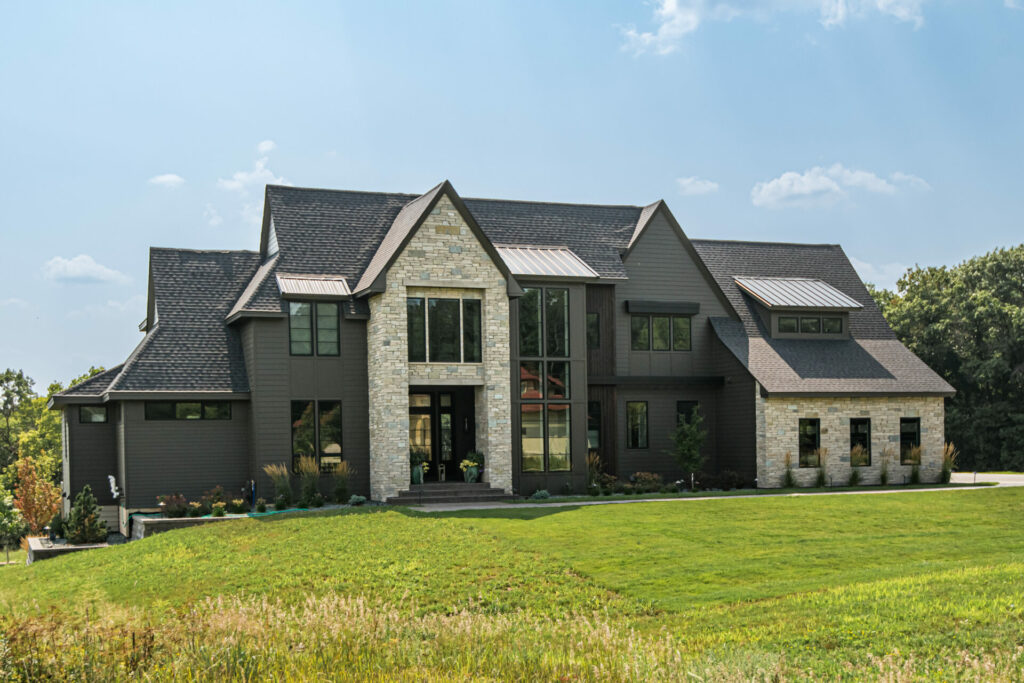
#1: KNOW YOUR BUDGET
Normally, the low end of a custom home we work on runs to about $675,000. We’ll bring that up with you in our first “discovery session,” but it’s important to know beforehand. Jason says he likes to cut straight to the point: what’s your budget, and what’s your actual budget?
That latter number is important for us to know, because it’s a key factor in getting your project pointed in the right direction. We operate with 100 percent transparency — instead of creating ‘allowances’ for the various projects in your house, we have our contractors bid everything out beforehand. By bidding out each project, there’s no surprises: the price of each project is locked in.
To keep your final price from going up, Bob recommends doing some research early on: what projects are the priorities in your house? It’s important to know the upgrades you’d like to have, but it’s more important to identify which ones you couldn’t live without – and to know the difference between the two.
“People’s wants and wishes are way different than their needs,” Bob says. “That’s a big thing in the custom home industry.”
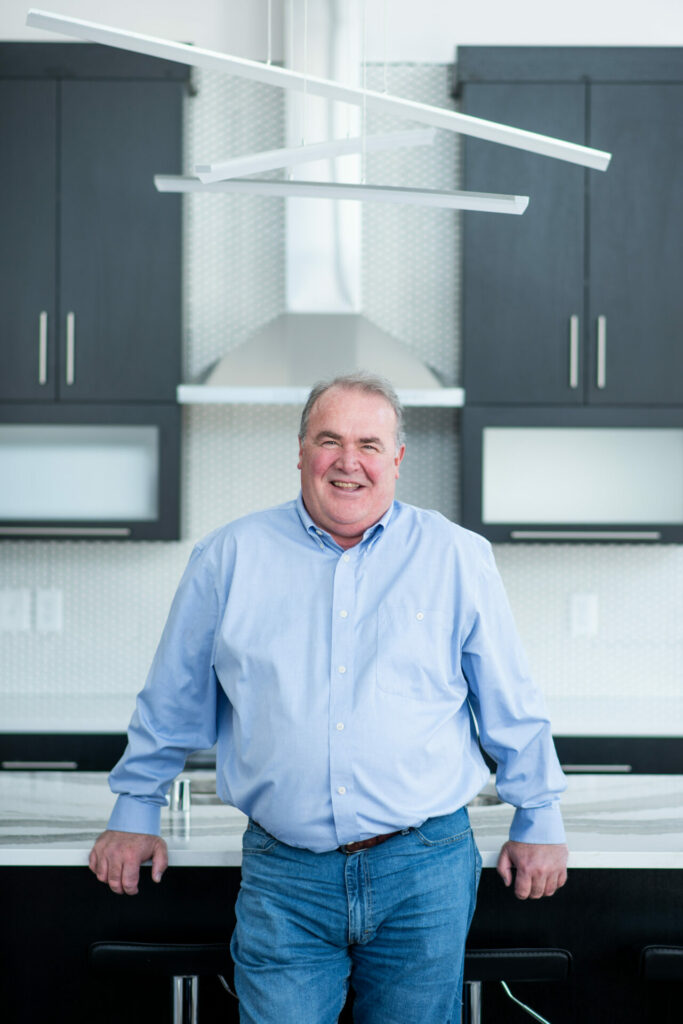

#2: SOME SPACE COSTS MORE THAN OTHERS
While we have a library of previously-built homes in our portfolio, your final product could be something new entirely. We can change our existing floor plans to fit your needs, or draw up a plan completely from scratch.
Of course, adding on space is one of the easiest ways to make a house more expensive or valuable, but Jason says empty rooms — like a living room, bedroom or office space — aren’t as expensive to build. The most expensive rooms in a house, he says, are the kitchen and bathrooms.
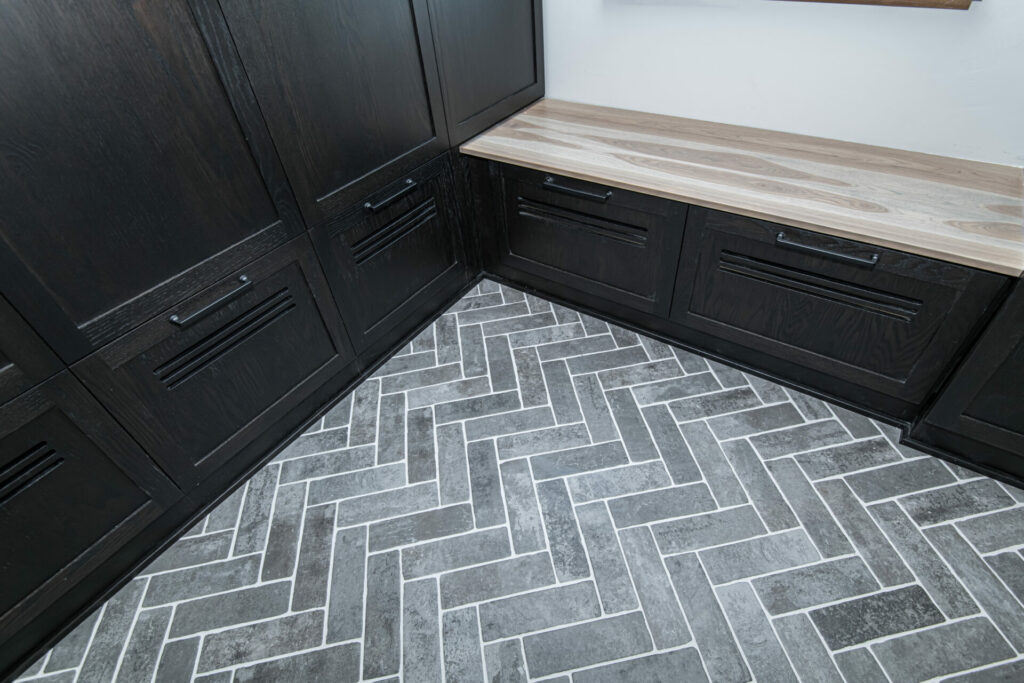
There’s lots of what we call “accessory points” in these rooms; basically, it’s your cabinets, faucets, appliances, flooring, and other amenities that can’t be easily moved or replaced. Upgrading those features from a standard build-out can make the final cost rise quickly – and that’s why there’s no magic “cost per square foot” number to rely on when building a custom home.
“The average house, let’s say, has $10,000 in appliances in it,” says Halverson. “If someone wants higher-end appliances throughout the entire kitchen, that appliance price can get as high as $70,000. That’s going to seriously affect your final price per square foot.”
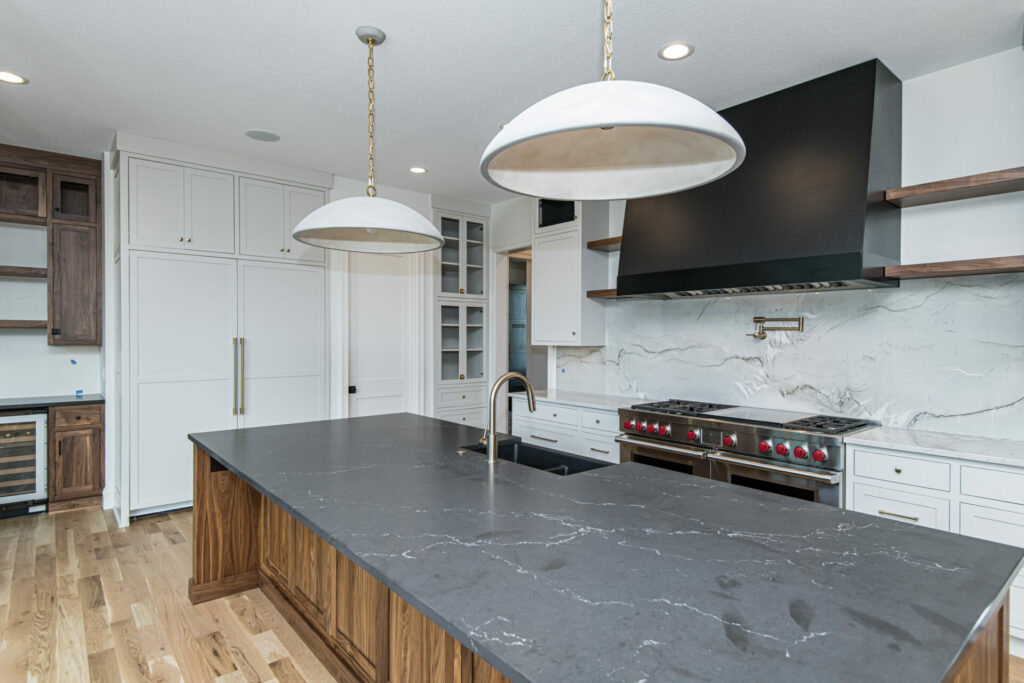
#3: 100-PERCENT TRANSPARENCY
Building a custom home costs more than buying a brand-new “tract home” (a home that’s almost exactly the same as the others in its development) — that’s just the truth. But when you enter an agreement with us, we want to make sure your investment pays off — financially and otherwise — through the years you spend in your home.
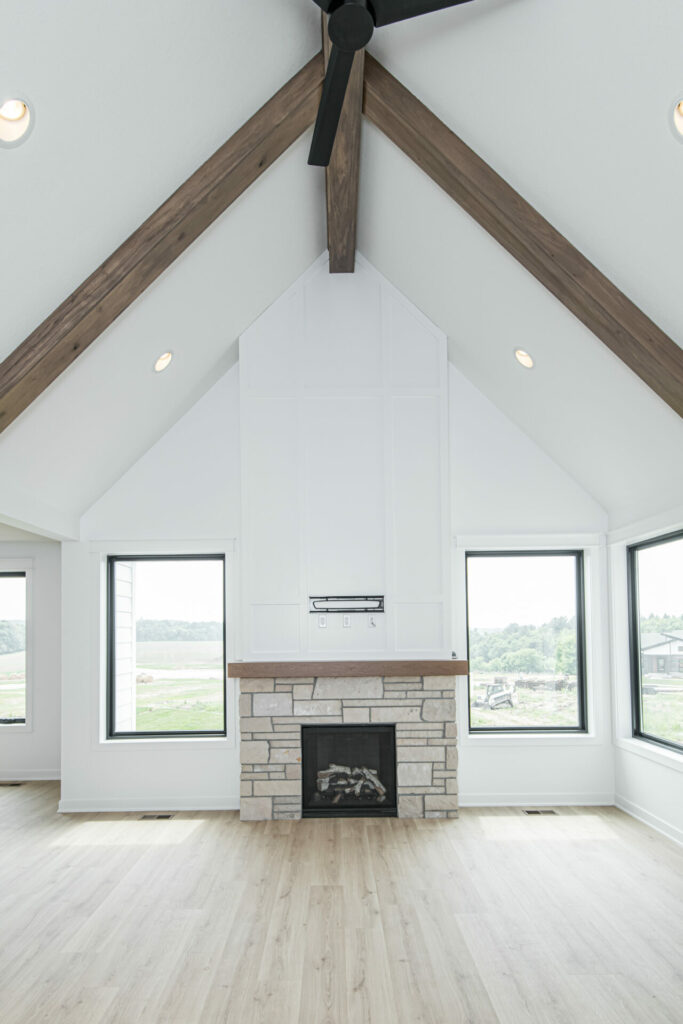
When you sign on the dotted line to build your home with us, all the project prices are laid out and agreed upon – and while costs can go up or down depending on your selections (i.e. different cabinets, hardwood floor over luxury vinyl plank flooring, etc.), you can rest easy knowing there won’t be any last-second surprises on our end. We have a ‘hold harmless’ agreement with our contractors, meaning they can’t charge over the original bid price once the final budget is set.
Clients and employees both agree — it’s an easier, less stressful home-building process than the status quo. We think it’s possible because we love what we do: getting people into the home of their dreams.
“It’s not about ‘how cheap can I build this house,’” says Bob, “but ‘what does the customer want? What do they expect? That’s what matters to us.’”
